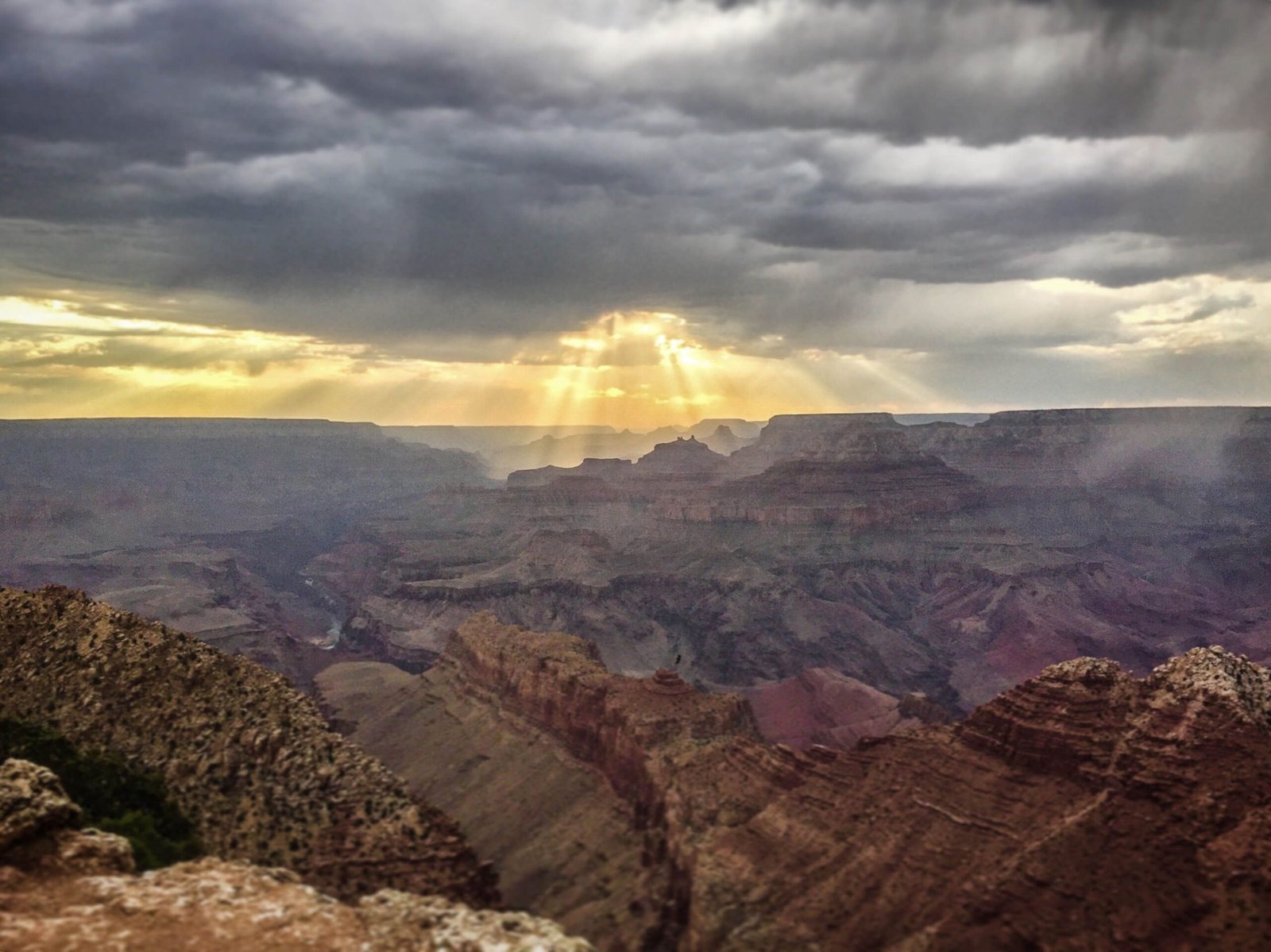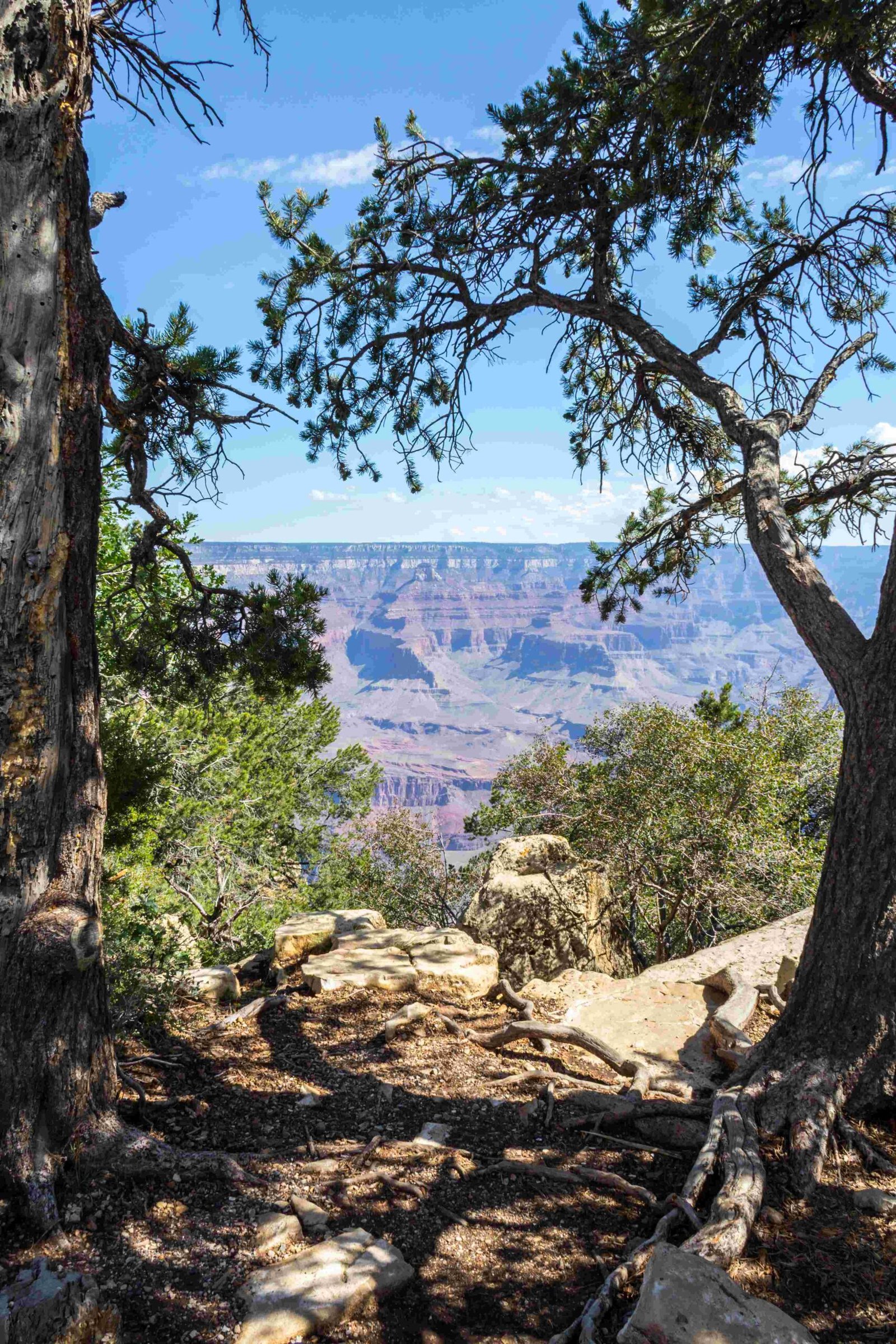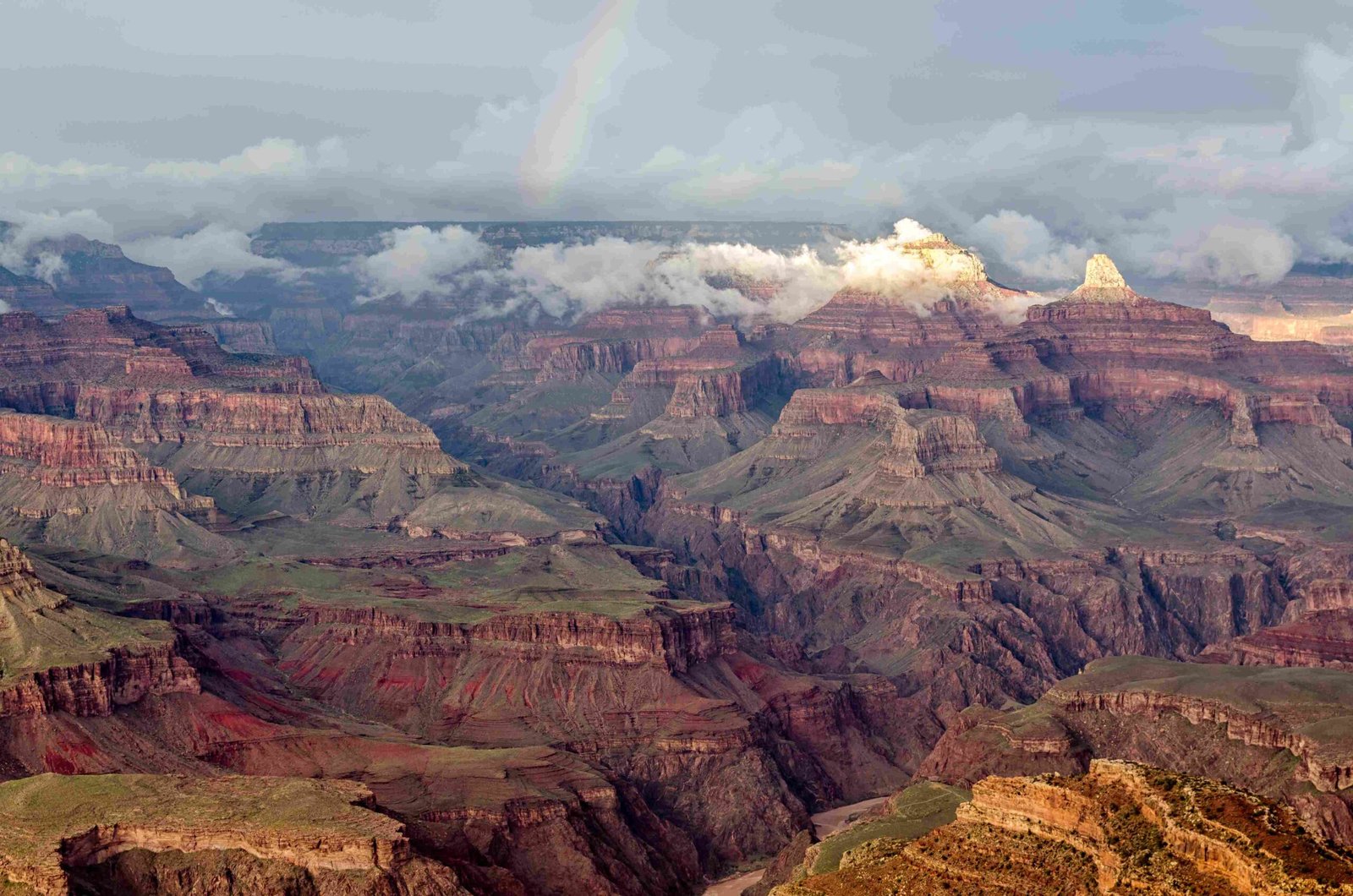The Grand Canyon South Rim experiences dynamic temperature fluctuations that range from freezing winter lows around 11°F to summer highs near 80°F, creating a diverse climate landscape. Elevation, seasonal changes, and geographical positioning significantly influence temperature patterns, making it crucial for visitors to understand the intricate weather conditions before planning their expedition to this iconic natural wonder.
What Determines Temperature at the Grand Canyon South Rim?

How Does Elevation Impact Temperature?
The Grand Canyon South Rim sits at approximately 7,000 feet above sea level, which dramatically influences temperature dynamics. This high-altitude location creates unique meteorological conditions:
- Elevation Effects:
- Higher elevations experience cooler temperatures
- Temperature drops approximately 3.5°F per 1,000 feet of elevation gain
- Significant day-night temperature variations
What Are Seasonal Temperature Ranges?
| Season | High Temperature | Low Temperature |
|---|---|---|
| Winter | 40-50°F | 10-20°F |
| Spring | 60-70°F | 30-40°F |
| Summer | 80-85°F | 50-60°F |
| Autumn | 60-70°F | 30-40°F |
What Factors Influence Grand Canyon Temperature?
Several critical factors contribute to temperature variations:
- Geographical Positioning
- North-facing slopes receive less direct sunlight
- Canyon walls create microclimates
-
Wind patterns affect temperature perception
-
Atmospheric Conditions
- Cloud cover impacts temperature stability
- Humidity levels influence thermal sensation
- Precipitation can cause rapid temperature changes
How Do Weather Patterns Affect Temperature?
Weather systems traversing the Grand Canyon create complex temperature scenarios:
- Winter Conditions:
- Potential snowfall
- Cold fronts bringing temperature drops
-
Wind chill factor increasing perceived coldness
-
Summer Conditions:
- Intense solar radiation
- Minimal cloud cover
- Rapid heating during daytime
What Should Visitors Know About Temperature Preparation?
Visitors must prepare for significant temperature variations:
- Clothing Recommendations:
- Layered clothing
- Thermal underwear
- Wind-resistant outer layers
-
Moisture-wicking materials
-
Essential Gear:
- Sunscreen
- Hat
- Sunglasses
- Hydration equipment
What Are Current Temperature Monitoring Methods?
Modern technology enables precise temperature tracking:
- Weather Stations
- Automated sensors
- Real-time data collection
-
Continuous monitoring
-
Satellite Imaging
- Thermal mapping
- Comprehensive regional analysis
- Predictive modeling
Practical Temperature Insights

Understanding temperature at the Grand Canyon South Rim requires comprehensive knowledge of multiple interconnected factors. Visitors should always check current forecasts, prepare for rapid changes, and respect the dynamic nature of this extraordinary landscape.
Reference:
– National Park Service Weather Information
– NOAA Climate Data
– Grand Canyon Weather Monitoring Station

